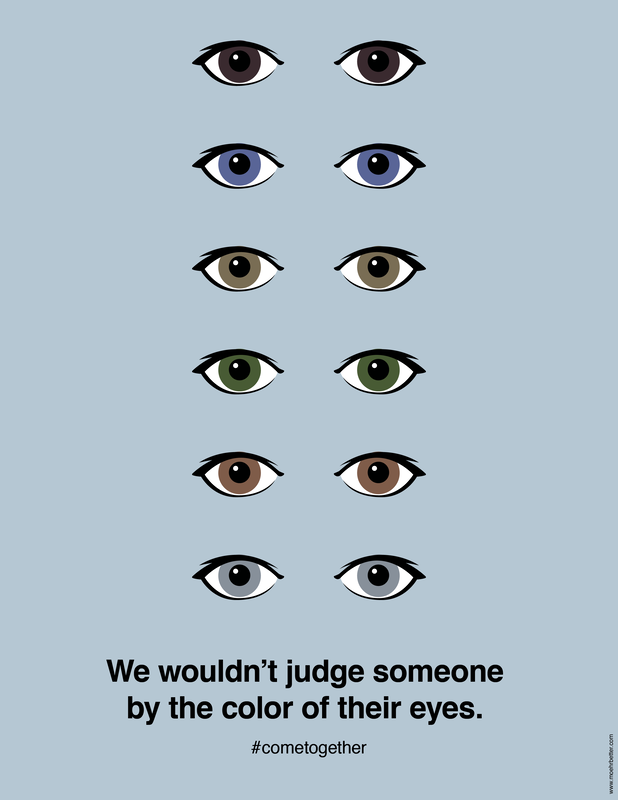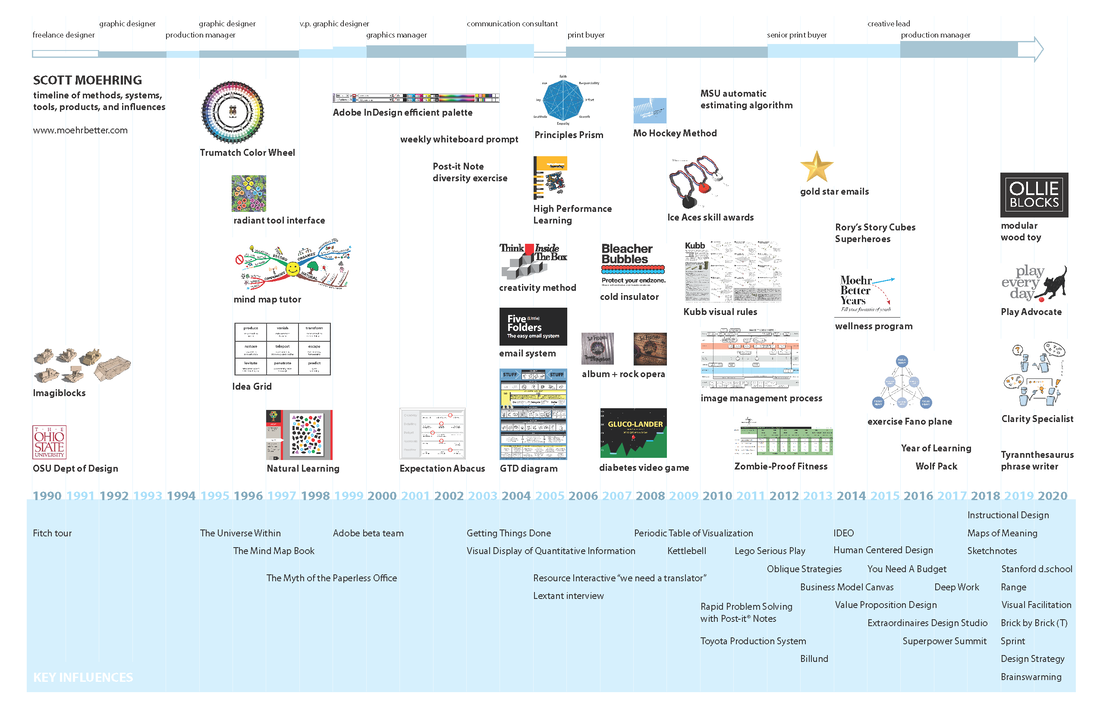|
Today it’s been one year since I lost my job in a mass layoff. With many unemployed and students looking at gap time, here’s a couple reflections on what I learned in the past 365 days. “What to do when you don’t know what to do next.”
“You have to push in the clutch to shift gears.”I had some, um, “excess capacity” while looking for a new job. Here's how I used it.
My first month was doing NOTHING work-oriented. It had been 13 busy years with many weeks of unused vacation left on the table (my fault). I was very fortunate that I had a little money saved, and just needed to take a real break. LESSON: Don’t be too eager to rebound or freak out. A little time and distance can help. ----- After a month, it felt like time to start back up. I worked all day, every day. I did (and do) this seven days a week. Maintaining a routine is essential for emotional stability. Get up at a set time, get dressed, eat breakfast, exercise, walk, whatever works. LESSON: When everything changes, re-evaluate if it’s really “everything”. Start with what's the same, stabilize your routine, and then slowly expand from there. ----- “Worked all day” meant I looked for jobs, looked for freelance design work, and spent the rest of the time following my curiosity to see what might be next for me. I decided to expand in all directions to see what popped up. Because of that, there was always some progress in one direction, which was motivating. LESSON: It’s very a interesting experiment to follow your curiosity instead of a plan. A plan is based on consciously knowing where you want to go. Curiosity can lead you to where you didn’t know you wanted to go. ----- With my freelance work building complex pinball reproduction art files, I sharpened my Adobe Illustrator, Photoshop, and Print Production skills back to what they were when I was at a global ad agency. I completed basic and intermediate classes in HTML, CSS, and Javascript. I learned Sketchbook, Concepts, Jamboard, Mural, and Miro for concept sketching and visual facilitation. I learned Plectica for Systems Thinking. I submitted my first commercial work in Adobe After Effects and Animate. I rebuilt my digital file and paper project management systems from the ground up. LESSON: Learn. Rusty skills come back, new skills can be learned, and progress is motivating. Not all learning needs a goal. Just learn what interests you, because it all connects. You are also learning what you like, what you’ll keep learning even when it gets hard, and learning that might be the most important thing of all. ----- I’ve connected with people around the world. A productivity expert in California, a visual facilitator in Germany, a Cornell systems thinking professor, a UMass creative thinking professor, a retired patent attorney, an animator in Italy, a thought leader who created the world's largest personal interconnected digital “brain”, three keynote speakers, and some friends and co-workers I hadn’t seen in over 10 years. LESSON: It’s easier to connect with people than ever before. If you are interested in their work, tell them. If you’ve done anything related to their interests, share it. I’ve found most people are just looking for others interested in the same things they are, no matter how accomplished they are. And everyone loves a sincere and spontaneous compliment! ----- I’ve been trying to discover what I really like and want to do. Easy for some, not for me. You can do great work for many years without being inspired by a job, and then forget that there are other things out there you could do. I worked with a wonderful career counselor for a few months. I explored Creative Problem Solving methodologies, which led to Design Thinking, which led to “Clarity Specialist”, to Service Design, to Instructional Design, to Visual Facilitation, to UI/UX design, to Systems Thinking. Along the way, I practiced skills and sent or posted things I thought would be helpful. Maybe they were, but they also opened up new areas and connections. Importantly, I felt like I wasn’t invisible, and that I was getting closer to clarity. LESSON: If you aren’t sure, instead of picking from what you already know, treat that feeling as a sign that you haven’t ranged wide enough or deep enough yet. Explore, risk-free. You will find worlds you never knew existed. If the discovery of one of these worlds makes you giddy, follow that. ----- The reality of the job market is that it’s tough for older workers. Not a complaint, just a truth. This also makes it hard on younger workers, because older workers are now competing for jobs requiring much less experience. I have 30 years professional experience. The people I know with that kind of experience (and more) are absolutely vital, engaged, and sharp as a tack. They’ve been building, trying, failing, learning, succeeding, connecting and growing for decades. They have a deep understanding of their fields, systems, relationships, and how things work. To hear them talk, or better yet, talk with their peers, is inspiring. It makes me realize how far you can go if you continue to grow for a lifetime. However, the corporate job market might not be organized for what they have to offer. LESSON: If you are fighting uphill, maybe that’s because you haven’t aligned your beliefs and mental models with reality. What always worked before might not work now. I recently stopped thinking a traditional job was the only solution. I instead asked myself “where can I find my greatest contribution?”, and other paths began appearing. ----- My work life was corporate life. It always felt like the safe option. I did good work, grew sales, fixed problems, built systems, saved time, saved money, helped coworkers and vendors, won awards, got promoted. I’ve now lost my “safe” corporate job twice, each time sending me into a search lasting at least a year. All along, I’ve had a hobby of developing sets of useful tools that I’ve mostly given away to anyone who could benefit. I started thinking about turning those 25 years of hobby into a portfolio of learning products. Along with freelance design work, perhaps they could replace my traditional corporate income. Unless a corporate job shows up pretty soon, I’m about to find out. LESSON: Just because you enjoy something enough to do it for free, doesn’t mean it doesn’t have value. Whatever it is, there are plenty of people who don’t want to do it, or don't know how, and will pay you to help them. Take stock of your skills. Pay special attention to those things that are “easy” for you, that you enjoy so much you don’t mind the work. If those things can help others, you might have found your niche. ----- Thanks for reading. This has been a year of hills and valleys for everyone. Maybe if we can all contribute to the world based on what we each are uniquely wired to do, we can collectively go from hilltop to hilltop, instead of valley to valley. It's the same amount of work, but the view is better. |
Hi, I'm Scott MoehringI'm a designer, teacher, writer, inventor, hockey player, gamer, and lifelong learner. I like to make cool stuff and share it with curious people. Archives
January 2021
Categories |


 RSS Feed
RSS Feed